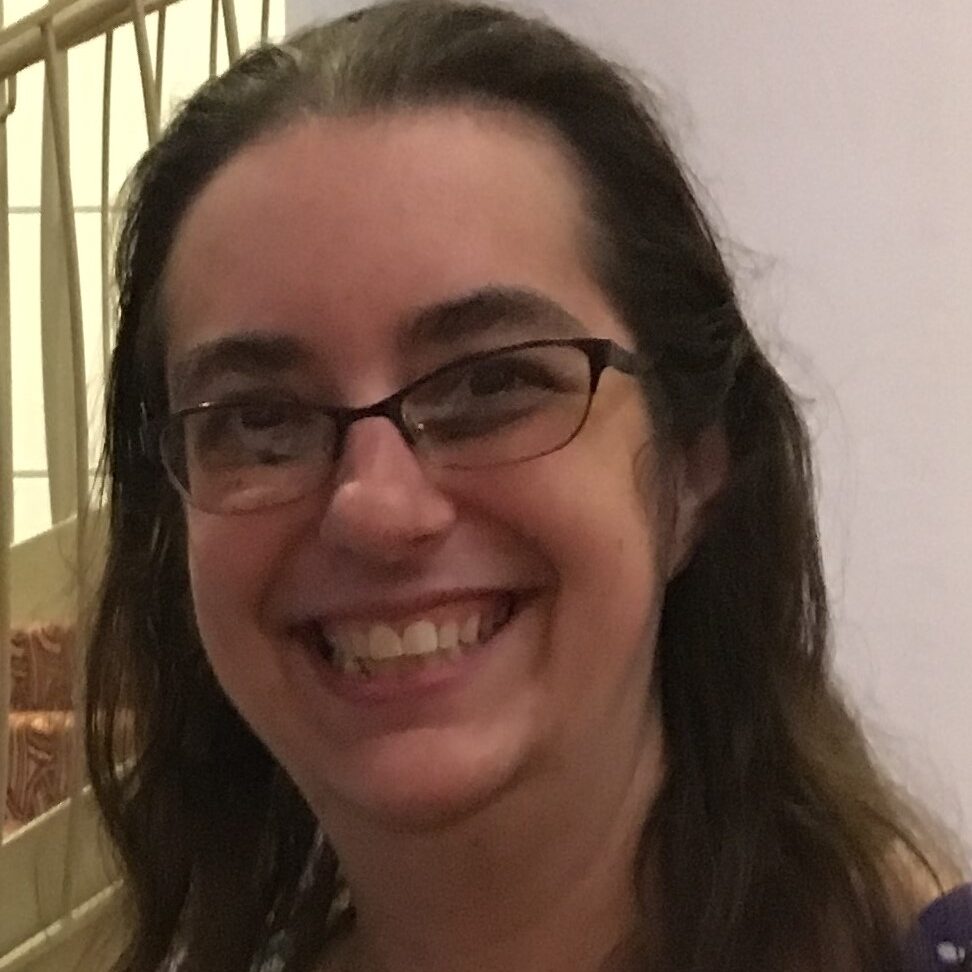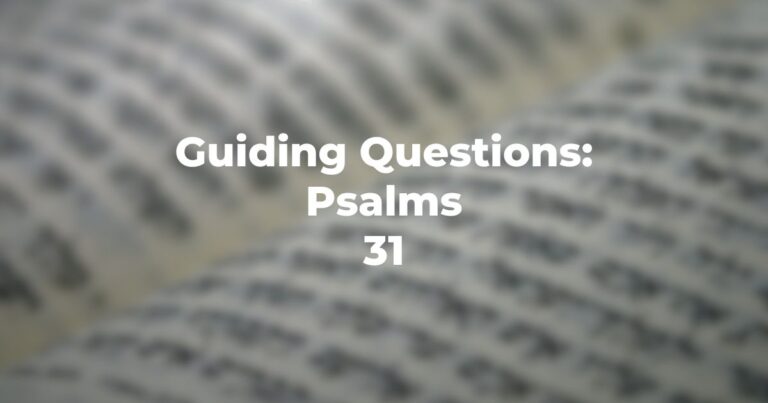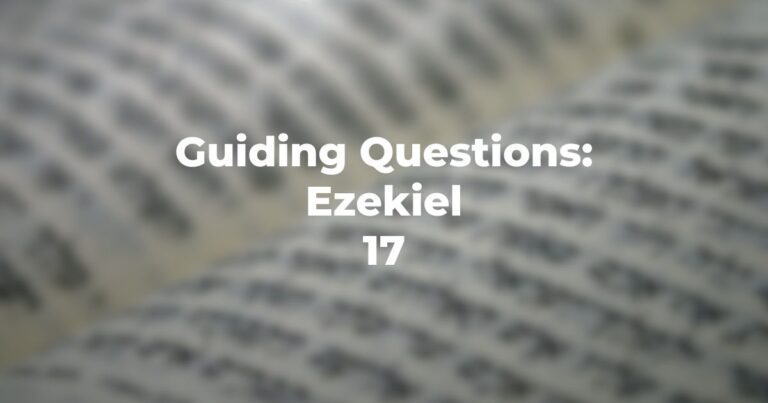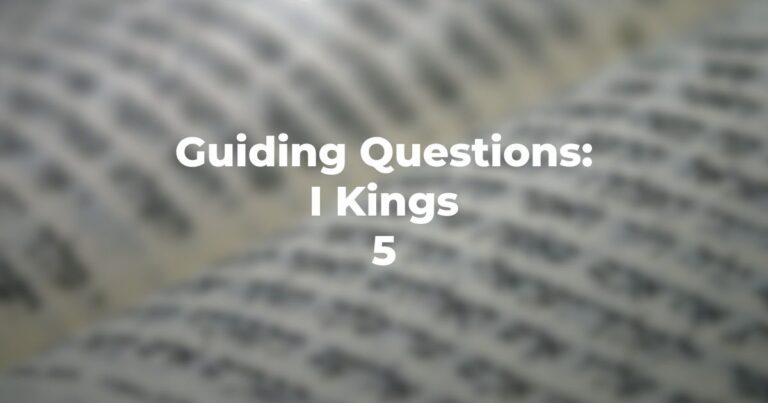Summary
Joseph interprets Pharaoh’s dreams (with God’s help) and is appointed Pharaoh’s second-in-command. A famine causes Joseph’s brothers to come to Egypt to get food. He recognizes them, but they don’t recognize him. Joseph plays tricks on his brothers to keep them coming back. The brothers are afraid, but the lack of food forces them to return. Despite the distress it causes, the brothers return with Benjamin, as requested. After they share a meal with Joseph, Benjamin is accused of stealing Joseph’s goblet.
Aliyah-by-Aliyah Summary
1st Aliyah: Genesis 41:1-14
Pharaoh dreams of seven skinny cows eating seven fat cows and seven thin ears of grain swallowing seven fat ears. None of the magicians can interpret Pharaoh’s dream, and the cupbearer remembers Joseph’s accurate dream interpretations from his time in jail. Pharaoh sends for Joseph.
2nd Aliyah: Genesis 41:15-38
Pharaoh shares his dreams with Joseph, which Joseph interprets with God’s help. Both of Pharaoh’s dreams mean there will be seven years of prosperity followed by seven years of famine. Joseph advises Pharaoh to appoint overseers to store grain for the upcoming lean years.
3rd Aliyah: Genesis 41:39-52
Pharaoh likes Joseph’s plan and places Joseph in charge of carrying it out as his second-in-command. Joseph is dressed in fancy clothes, given an Egyptian name, and given Asnath, Potiphar’s daughter, as his wife. Joseph fathers two sons, Menasheh and Ephraim.
4th Aliyah: Genesis 41:53-42:18
When the famine comes, Joseph rations out the stored food. The famine spreads, and everyone comes to Joseph for help. Jacob sends ten of his sons to Egypt for food. Joseph recognizes his brothers when they come to him, but they do not recognize him. The brothers bow before Joseph, who accuses them of being spies. To put them to the test (and see if they have changed their ways), Joseph says that one of them needs to bring back their other brother (Benjamin) while the others remain confined in Egypt.
5th Aliyah: Genesis 42:19-43:15
Joseph decides to require only Simeon to stay, and that his brothers not return without Benjamin. The brothers remark that they are being punished for what they did to Joseph. Joseph hears this and turns around to cry. Joseph orders his servants to fill the brothers’ bags with grain and return their money to them. When one of the brothers goes to feed his donkey that evening, he discovers the money in the bag, which frightens them.
Upon returning home, they tell Jacob everything. Jacob accuses the brothers of taking away first, Joseph, then Simeon, and now Benjamin. Jacob reluctantly allows Benjamin to go with his brothers, and they bring gifts and twice as much money to give to the man in charge of the food in Egypt.
6th Aliyah: Genesis 43:16-29
When Joseph sees that the brothers have brought Benjamin with them, he brings them into his house for a meal. They are frightened, but the house steward does his best to reassure them. When Joseph comes home, the brothers give him the gifts that they brought, and Joseph asks after their father.
7th Aliyah: Genesis 43:30-44:17
Joseph takes a moment to weep, then returns to the table and seats the brothers, from oldest to youngest, which surprises them. Benjamin is given more food than the others. Joseph instructs his servants to fill the brothers’ sacks with food, to once again place their money on top, and to place his silver goblet in Benjamin’s sack. Shortly after the brothers leave in the morning, Joseph sends his servant after them to accuse them of stealing the goblet. The brothers protest, but the goblet is found in Benjamin’s bag. As a result, Benjamin is to be taken as a slave. (Maftir: Genesis 44:14-17) The brothers tear their clothes at this news and plead on Benjamin’s behalf.
Triennial Breakdown
Note: For more information about the tradition of spreading the TorahRefers to the first five books of the Hebrew Bible, the Tanakh, also called the Five Books of Moses, Pentateuch or the Hebrew equivalent, Humash. This is also called the Written Torah. The term may also refer to teachings that expound on Jewish tradition. Read more readings over a 3-year cycle see here.
| Aliyah | Year 1: 41:1-41:52 | Year 2: 41:53-43:15 | Year 3: 43:16-44:17 |
|---|---|---|---|
| 1 | 41:1-41:4 | 41:53-41:57 | 43:16-43:18 |
| 2 | 41:5-41:7 | 41:1-42:5 | 43:19-43:25 |
| 3 | 41:8-41:14 | 42:6-42:18 | 43:26-43:29 |
| 4 | 41:15-41:24 | 42:19-42:28 | 43:30-43:34 |
| 5 | 41:25-41:38 | 42:29-42:38 | 44:1-44:6 |
| 6 | 41:39-41:43 | 43:1-43:7 | 44:7-44:10 |
| 7 | 41:44-41:52 | 43:8-43:15 | 44:11-44:17 |
| Maftir | 41:50-41:52 | 43:11-43:15 | 44:15-44:17 |
Triennial Summaries
Year 1: See Aliyot 1-3
Year 2: See Aliyot 4-5
Year 3: See Aliyot 6-7
Haftarah Summary
Haftarah: I Kings 3:15-4:1
Solomon has a dream. He goes to Jerusalem and gives an offering. Two women come before him, each having just given birth to a baby. During the night, one of the babies died, and both women claim to be the mother of the living baby. Solomon proposes to cut the baby in half, then gives the baby to the woman who would rather not have a baby than see it die.
See our Haftarah breakdown here.
Author
-

Rabbi Suzanne Brody is a passionate Jewish educator, writer, reader, and crochet enthusiast. She is the Director of Ithaca Beit MidrashLiterally, “house of study,” it refers to a school or a communal study hall. Plural: Batei Midrash Read more (www.ithacabeitmidrash.com) and hopes you’ll join her for a class or two! Rabbi Brody is also the author of multiple books of poetry and fiction (available on Amazon). When she is not at her computer or by the lake writing, Suzanne can be found teaching in both formal and informal Jewish educational settings or enjoying time with her husband, their two teens, and cuddling with their dogs and cats.
View all posts https://www.amazon.com/s?k=suzanne+brody&crid=20HPAG70405E9&sprefix=suzanne+brody%2Caps%2C207&ref=nb_sb_noss_1




